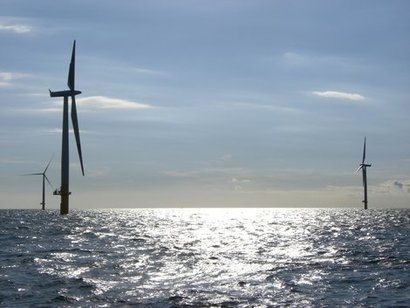
National Grid’s Future Energy Scenarios (FES) presents four net zero scenarios; Steady progression (SP), Consumer Transformation (CT), System Transformation (ST) and Leading the Way (LW). The research by Cornwall Insight highlighted a potential 83 GW of offshore wind connected in the Leading the Way scenario, with a further 24 GW of non-networked offshore wind installed purely for hydrogen production.
“The total energy input needed for hydrogen production ranges from 190TWh in Consumer Transformation to 736TWh in System Transformation” said Lee Drummee, Analyst at Cornwall Insight. “The difference represents the potential scale of hydrogen use for heating and heavy-duty transport. There are several ways in which hydrogen can be produced, such as steam methane reforming, biomass gasification and electrolysis using renewable electricity. However, using methane or biomass to produce hydrogen also requires carbon capture use and storage (CCUS) to meet net zero targets, while electrolysis using renewable generation can produce hydrogen with no carbon emissions. Although the System Transformation sees the greatest hydrogen use overall by 2050 at 591TWh, it is perhaps the Leading the Way scenario that provides the most interesting view on hydrogen and offshore wind. This is because electrolysis using renewable generation is the sole method of producing hydrogen in the Leading the Way scenario. The level of future hydrogen demand and use varies widely in the scenario and is dependent on key decisions around aspects such as heating. However, it is clear hydrogen electrolysis could act as an enabler for further renewables deployment and provide a much-needed source of low carbon power, without the need for CCUS or wider offsetting.”
For additional information:

